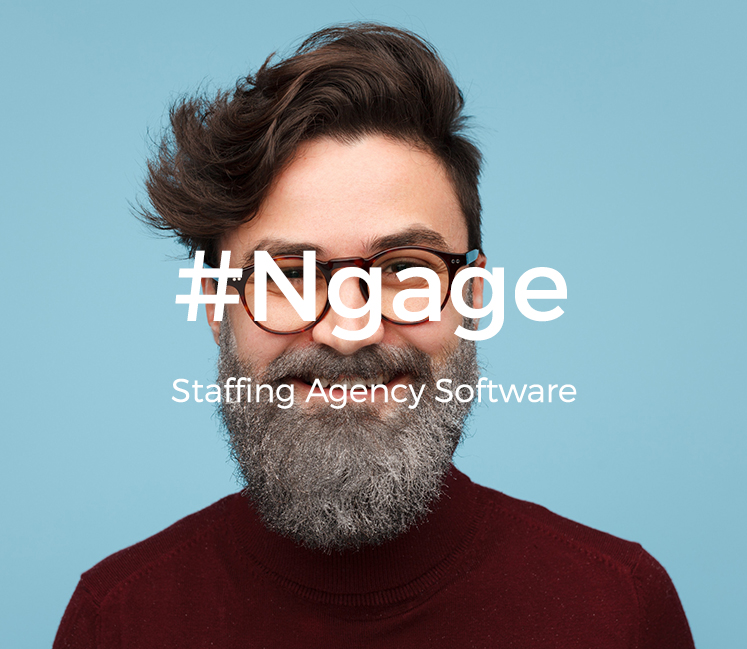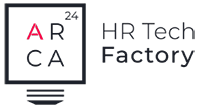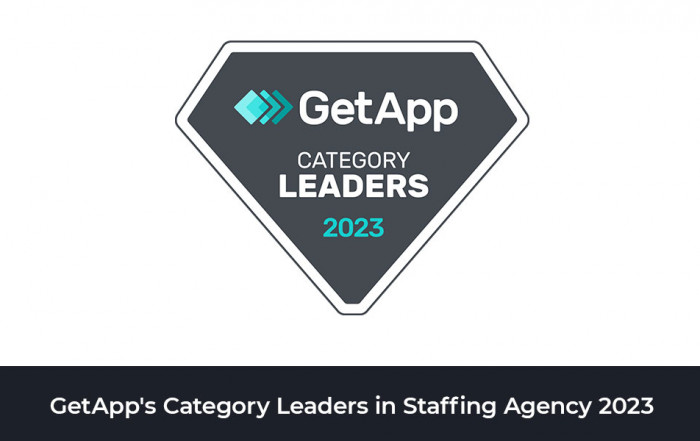The office as a hub of experiences
Corporate News | 06.18.2021
The certainty is one: the work as we have lived it until the beginning of 2020 is not there and will be no more, what we have experienced, forcibly, during 2020 will be an inspiration to create that or those new ways of working that will mark the future.

How will work change? What will be the role of the offices? How will we manage the organization and the relationship with the employees?
According to Ashley, professor at Harvard Business School, the work’s formula from 9-to-5 will change to 3-2-2: three days in the office, two at home, and two of total disconnection.
This structure allows employees to model timetables that go around their daily life, a factor that has been demonstrated to improve working satisfaction, productivity, and participation.
The organizations, that way before the pandemic, have experimented with this mixed approach of office-smart working, have reported happier employees, greater productivity, and reduced absenteeism.
This suggests that to pass from the old 9-to-5 to the new 3-2-2 il could be an efficient way to appease employees’ requests for flexibility after the pandemic. It might be good for the employees’ mental health and the companies’ success.
Research made by McKinsey Global Institute of November 2020 reveals that more than 20% of the working force could work remotely from three to five days each week in an efficient way. However, there is a limit above which it starts to lose productivity, depending on the type of activity and the technological means available to the persons.
For instance, in the United Kingdom workers could pass a theoretical maximum of 46% of their time working remotely, in the United States 39% and India only 16%.
These data bring out two problems:
- The first one, that 80% of the world population does works that cannot be done remotely;
- The second one is that even those who can work remotely need some time in the office to maintain high productivity.
These two facts correspond to two challenges that all companies will have to face:
1. Redesigning even the most traditional jobs so that they can be partially done remotely. To rethink the work, it is necessary to invest in digitization and accessibility of information.
Companies will have to commit to:
- Enable continuous access to customer data and information, empowering employees to do what technology cannot.
- Digitize work to allow employees mobility and the ability to build their life balance.
2. Redesign the offices as collaboration spaces.
The offices can be reprojected as spaces for experimentation and as spaces for creativity and innovation.
They could also not be in the big cities, or also they do not need to be fixed in a specific place.
However, the factor that will determine the usefulness of the offices is the ability to be meeting and brainstorming places, designed by UX designers to encourage the maximum of creativity.
In conclusion, remote working raises a wide range of challenges for employees and employers. Companies will need to decide how to best configure workspaces to improve employee safety and well-being. From their part, employees will need to find the best home-work balance and equip themselves to work and collaborate remotely.
Company
Arca24 is an HR Tech Factory specialised in the development of cloud software for the human resources sector.
Reference product

Ngage – Staffing Agency Software
Ngage (ATS+CRM) is a solution developed to support staffing and employment agencies throughout the entire production cycle. It optimizes and digitalize the processes of talent acquisition, customer relationship and administrative management.

Talentum – Talent Management Software
Talentum is a complete and intuitive end-to-end solution that allows the HR department to acquire, manage and optimise the workforce throughout the employee’s life cycle (from search and selection activities to the onboarding of selected candidates).







